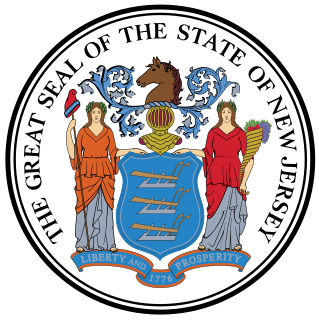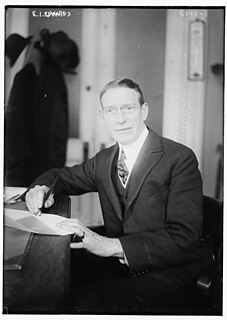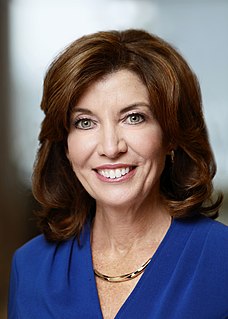| William L. Dill | |
|---|---|
| Born | March 15, 1874 – January 14, 1952 Freeburg, Pennsylvania |
| Died | January 14, 1952 (aged 77) Paterson, New Jersey |
| Residence | Paterson, New Jersey |
| Nationality | American |
| Occupation | Secretary to the Mayor of Paterson, lay member of the New Jersey Court of Errors and Appeals |
| Known for | Democratic nomination for Governor of New Jersey |
| Political party | Democratic Party |
| Opponent(s) | Republican candidate Morgan Foster Larson |
| Parent(s) | William H. Dill and Margaret C. Dill |
William Leslie Dill (March 15, 1874 – January 14, 1952) was an American jurist and politician who was the Democratic nominee for Governor of New Jersey in 1928 and 1934.

The United States of America (USA), commonly known as the United States or America, is a country comprising 50 states, a federal district, five major self-governing territories, and various possessions. At 3.8 million square miles, the United States is the world's third or fourth largest country by total area and is slightly smaller than the entire continent of Europe's 3.9 million square miles. With a population of over 327 million people, the U.S. is the third most populous country. The capital is Washington, D.C., and the largest city by population is New York City. Forty-eight states and the capital's federal district are contiguous in North America between Canada and Mexico. The State of Alaska is in the northwest corner of North America, bordered by Canada to the east and across the Bering Strait from Russia to the west. The State of Hawaii is an archipelago in the mid-Pacific Ocean. The U.S. territories are scattered about the Pacific Ocean and the Caribbean Sea, stretching across nine official time zones. The extremely diverse geography, climate, and wildlife of the United States make it one of the world's 17 megadiverse countries.

A jurist is someone who researches and studies jurisprudence. Such a person can work as an academic, legal writer or law lecturer. In the United Kingdom, Australia, New Zealand, South Africa, and in many other Commonwealth countries, the word jurist sometimes refers to a barrister, whereas in the United States of America and Canada it often refers to a judge.
A politician is a person active in party politics, or a person holding or seeking office in government. Politicians propose, support and create laws or policies that govern the land and, by extension, its people. Broadly speaking, a "politician" can be anyone who seeks to achieve political power in any bureaucratic institution.















